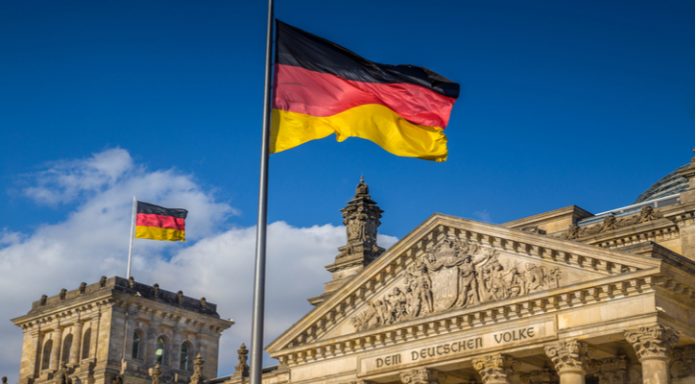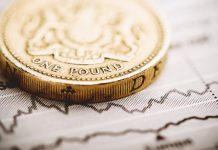- Pound (GBP) falls as the leadership battle continues
- BRC sales fall 1%
- Euro (EUR) falls for a third straight day
- German ZEW economic sentiment is fue
The Pound Euro (GBP/EUR) exchange rate is rising on Tuesday for a third straight session. The pair rose +0.1% on Monday settling at €1.1838, after trading in a range between €1.1776 – €1.1849. At 05:45 UTC, GBP/EUR trades +0.1% at €1.1851.
The pound gained in the previous session as the Conservative leadership race gathered pace. The majority of the eleven candidates that are putting themselves forward as contenders could pose a further inflationary threat to the UK economy.
Despite inflation rising to 9.1% and forecasts pointing to inflation rising to 11% in the coming months, the candidates are portraying themselves as low tax supporters, as the tax burden rises to its highest level since the 1940s.
Both the OECD and the IMF have warned that the UK runs a larger risk of persistently high inflation than other developed countries. BoE Governor Andrew Bailey said he expects inflation to fall sharply next year.
Today the British Retail Consortium reported that sales fell -1% in June, after falling -1.1% in May as British shoppers cut back on spending for a third straight month. Sales volumes fell by the most since COVID as inflation squeezed the economy.
Looking ahead there is no high impacting UK data. Attention will turn to UK GDP data on Wednesday, which is expected to show that the economy neither grew nor contracted in May after contracting in both March and April.
The euro rose fell yesterday amid ongoing concerns over energy security in the region. The Nord Stream 1 gas pipeline was turned off for annual maintenance and there are doubts over whether Russia will turn the gas supply back on after.
Should Europe need to start rationing gas a recession would be quick to arrive.
Today attention turns to the ZEW German economic sentiment reading which is expected to deteriorate further in July. Economic confidence is falling amid rising concerns over energy security, inflation, and stagnating growth





